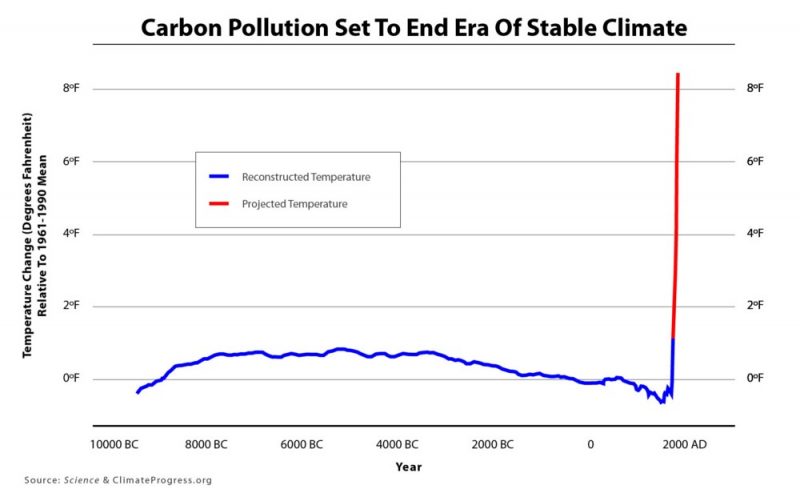Rather than asking why the New York Times—the paper of record, a bastion of free inquiry, and champion of the fact-based community—would employ Bret Stephens, a troll whose relationship to facts is that of a kitty to its litter, it might be better to ask: why does a newspaper employ opinion columnists at all? What has “journalism,” with its scrupulous attention to accuracy, verifiability, and the checking of facts, to do with “opinion” writers whose apparent lifetime tenure rests on representing an ideology?
Put it that way, after all, and you are describing a very surprising schism at the heart of the thing we might otherwise call a “newspaper.” On the one hand, a newspaper is where people write only what can be verified, facts that are known as such because they can be checked. If a fact is found to be incorrect, it will be corrected; if a reporter is caught making up the facts, they will be fired. But on the other hand, opinion columnists are not only not edited or fact-checked, they are not held to any standard of truth at all. While they draft off the newspaper’s reputation—such that being a “New York Times columnist” is a position of tremendous authority and clout for a hack like Stephens—they are utterly free to write whatever they want. As someone like Stephens demonstrates, they can and do use that freedom to shamelessly mislead their readers in ideologically congenial ways.
In his debut column attacking climate science and also, by the way, epistemology, Stephens makes some statements. For example, he refers to 0.85 degrees of “indisputable” temperature rise as “modest.” As various climate scientists are happy to observe, that rise in temperature is a “modest warming” in the way that a six-foot rise in ocean levels is “modest.” It’s only six feet, after all, only the height of a human being! It may not seem like a lot. But it is, in fact, a lot. A six-foot rise in ocean levels would have a modest effect on human society in the way that the 9/11 attacks had a modest effect on the twin towers.
To use the word “modest," in other words, is to make a claim that can be questioned, debated, verified, or dis-proven. Would anyone look at this rise in temperature and use the word modest?

The change in temperature here is not a “modest” shift: it is a right angle. Stephens’ description of the data that even he calls “indisputable” is so aggressively indifferent to what that data actually is—and so strategically indifferent to what words mean—that he is either dumb or lying. That’s it; those are our choices when he points to a circle and calls it a square. When he calls that shift “modest,” he is calling a very large thing “small.” Either he is unable to tell the difference or he is able to and doesn’t care to. Either way, if an editor or fact-checker attempted to assess this word choice, they would point out that no reasonable interpretation of the data would support that statement. The word simply does not describe what the data shows. It would not be allowed to stand.
The question, then, is why it has; why are opinion columnists not edited? There is no intrinsic reason for opinion column writing to be indifferent to the facts; I’ve written guest opinion columns for newspapers before, but though the LA Times, for instance, gave me broad latitude to make the argument that I wanted to make, I was held to very clear standards of accuracy and verifiable fact. Everything that I wrote was checked and documented; if I couldn’t provide a paper trail for the claims that I made, those statements were not allowed to stand. I was, in short, “edited.” Why isn’t Stephens?
The answer is that he can’t be. He was hired to represent a perspective which cannot endure fact-checking; he was hired, in fact, to argue against the pertinence of "facts." There is a market for climate denialism, and he is providing it; the Times hired him to tell people what they want to hear, and to undercut the epistemological foundation on which its own journalists attempt to operate. This is the news that it is worth it to them to print, and fact-checking would only hinder his work of doing what they hired him to do.
Put differently, journalists produce non-fiction, writing that is what it is only because it isn’t fiction. But there is no such thing as lying for an opinion columnist at the New York Times, because they are, simply, fiction writers. They tell stories whose resemblance to the truth is coincidental at best; they tell stories that people want to read, lies that we might want to believe are true. No one wants to believe in the apocalyptic scenarios that come with an honest reading of the climate data; it is depressing beyond belief. But because the customer is always right, the New York Times needs a writer who can pander to people who prefer to believe what they would prefer to believe.
Can fiction and non-fiction co-exist in the same paper? In a bookstore, after all, novels are in one part of the store and non-fiction is in another, and one solution to this problem is to observe that the newspaper has different sections that operate under different rules. But they don't. Fiction’s redeeming quality is that it knows that it is fiction, and says so. When readers “suspend their disbelief,” they entertain the fantasy without giving it a lifetime appointment in their brain. But Stephens’ defenders—and it’s a thing to behold to see apparently intelligent people defend the column—can’t admit that he’s a bullshit artist.
Take Jack Shafer’s extremely peculiar defense of Stephens, for example, in which he comes right up to the edge of admitting that the substance of what columnists do is mislead their readers:
Most columnists—present company excluded—bend facts, cherry-pick details, engage in logical sleight of hand, spin logical fallacies, appeal to pathos and engage in other rhetorical skulduggery to make their points.
Arguing that most columnists manipulate the facts is a remarkable way to defend Bret Stephens, since, if it’s true, it’s a damning indictment of the genre. And that Shafer would offer this norm in his defense shows a remarkable indifference to what he calls “the merits” of Stephens’ writing; the defense, in the end, is that “harmless” is a passing grade (or more likely, we should have no grades at all). But when Shafer throws in the phrase “present company excluded,” he gives away the game: if he had written “we columnists are hacks who manipulate the facts to mislead you,” he would have broken the spell and lost his power. A columnist like Stephens needs to have his cake and eat it. He can be indifferent to the facts, but he can never admit it; his lies are powerful and efficacious only because and to the extent that they explicitly posture as non-fiction. Give me a novelist, any day!
